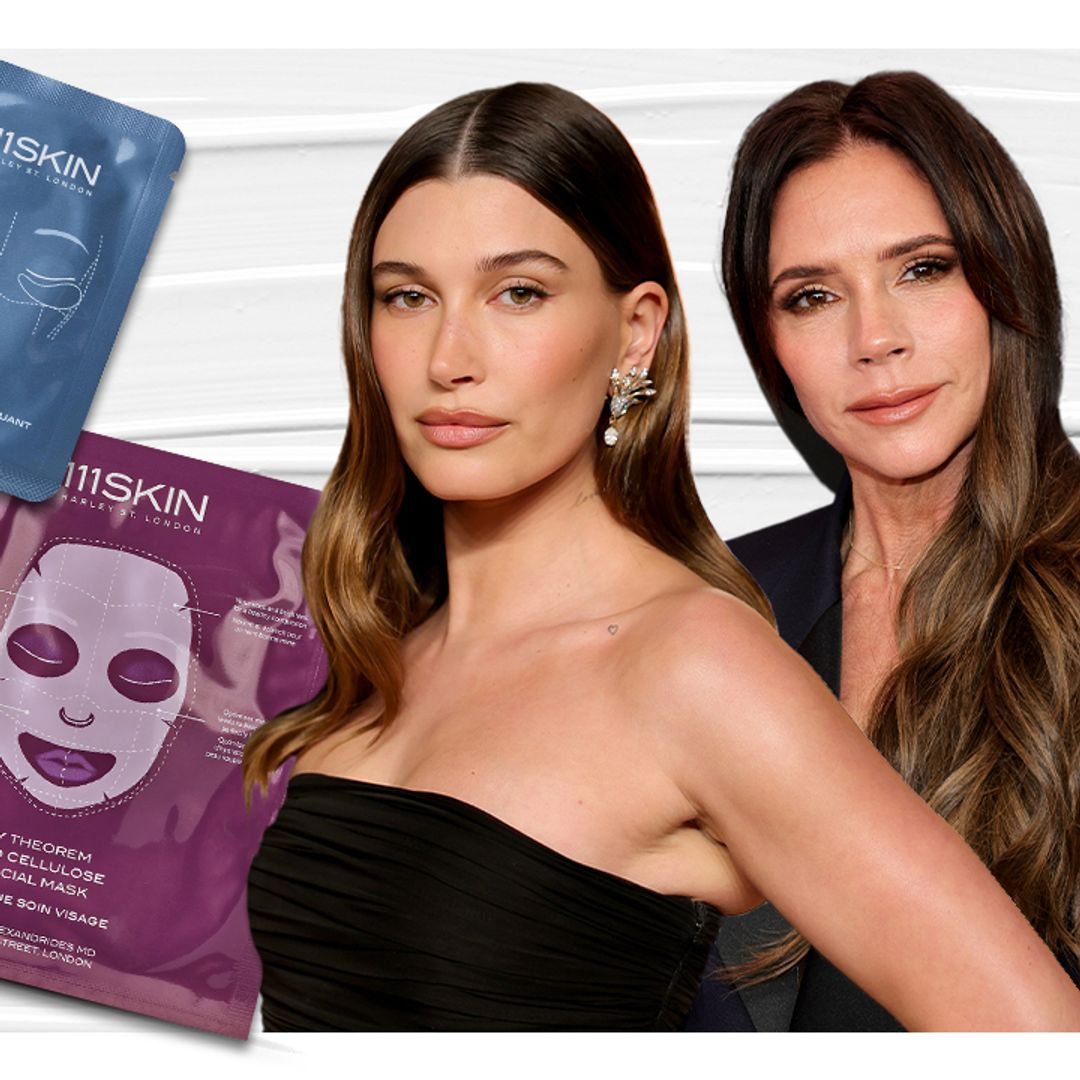The menopause. It's not quite the hush hush life stage that it used to be, but we've still so much to learn about it. And as someone who is on the precipice of perimenopause, if not in it, I've been doing the research so I'm well equipped to be as prepared for the menopause and it's symptoms - both common and lesser known - as I can be.
I'm aware of the more common menopause issues, from hot flushes to hair loss to sleep problems and low moods, but there's so many others that can crop up too. My own mum found her skin was ridiculously itchy as she entered the menopause, and I've heard other women and peers say their less common symptoms of menopause included tinnitus, the feeling of a burning mouth and heartburn.
One thing’s for sure, the menopause and perimenopause is an unpredictable ride.
Thankfully, we’ve become far more educated on the menopause than we were in our mother’s era, with celebrities including Davina McCall, Drew Barrymore and Gwyneth Paltrow being open – and very real – about their menopausal and perimenopausal symptoms. And as such, we have become savvier about dealing with the symptoms of menopause beyond HRT (Hormone Replacement Therapy).
Lifestyle changes are a key recommendation from the NHS when it comes to managing menopause, including regular exercise, relaxing activities such as yoga and, a big one - changing your diet, especially to an anti-inflammatory diet - and that’s where menopause supplements come into play.
Alice Mackintosh, registered Nutritional Therapist at Equi London, comments: “By fully supporting your entire body internally via supplements, it can help to balance your hormones, strengthen your immunity, and even improve digestion, plus your ability to cope with stress.”
How does the menopause affect skin?
Changes to skin are a common menopause symptom too, with women finding their skin becoming drier, more acne-prone and rosacea flares.
Kate Kerr, Clinical Facialist and Director of Kate Kerr London Clinic, explains: “During perimenopause and the menopause, oestrogen declines quickly and as a result, our skin becomes more dry and less radiant. Oestrogen controls the genes associated with collagen and elastin production, so less oestrogen means a drastic reduction in the production of collagen and elastin, resulting in a decrease in elasticity and firmness and an increase in fine lines and wrinkles.
“This is experienced, not just on the face, but all over the body. The lack of oestrogen also causes the skin’s cell turnover to slow down and reduces ceramides (these are lipids that make up 50% of the skin’s protective barrier) and GAGs (glycosaminoglycans – the body’s natural moisturisers), which leads to further dryness and an impaired barrier function.”
Kate continues: “Dry skin can of course be very itchy, and scratching can cause a rash to develop. At this time, wound healing also slows down.”
What makes a good menopause supplement?
Choosing the right supplements and skincare during menopause is key, says Shabir Daya, co-founder of the health and wellness website, Victoria Health.
Shabir recommends taking a Sage Complex supplement to help with menopause symptoms. She told HELLO!'s Donna Francis: “Sage Complex contains a comprehensive blend of herbal extracts that contain plant oestrogens which closely resemble the body’s own oestrogen and so help to achieve hormonal balance.” Sharbir notes that this supplement will also address symptoms like hot flushes and night sweats which helps to improve sleep quality, energy and any symptoms of anxiety.
Hyaluronic acid and vitamin C supplements can also improve menopausal skin concerns. “Hyaluronic acid is a super hydrator in skin holding up to 1000 times its weight in water,” Shabir explains. “And because collagen production declines dramatically, Vitamin C helps to boost our body’s own collagen production and it has been also shown to stabilise the existing collagen matrix.”
Shabir emphasises the importance of taking the right dose of supplements too, especially with Vitamin C. “Unfortunately taking acidic forms of vitamin C, like the popular water-soluble ones, deliver very little of this nutrient as the body works in an alkaline environment which is why most of these vitamin C supplements are excreted away.” Instead Shabir recommends taking one like DoSe Liposomal Vitamin C that wraps the acidic vitamin C in an oil-based particle that protects it dissolving from the acidic stomach.
If you are taking HRT, always check with the manufacturer or your GP if a menopause supplement can be taken alongside it.
















